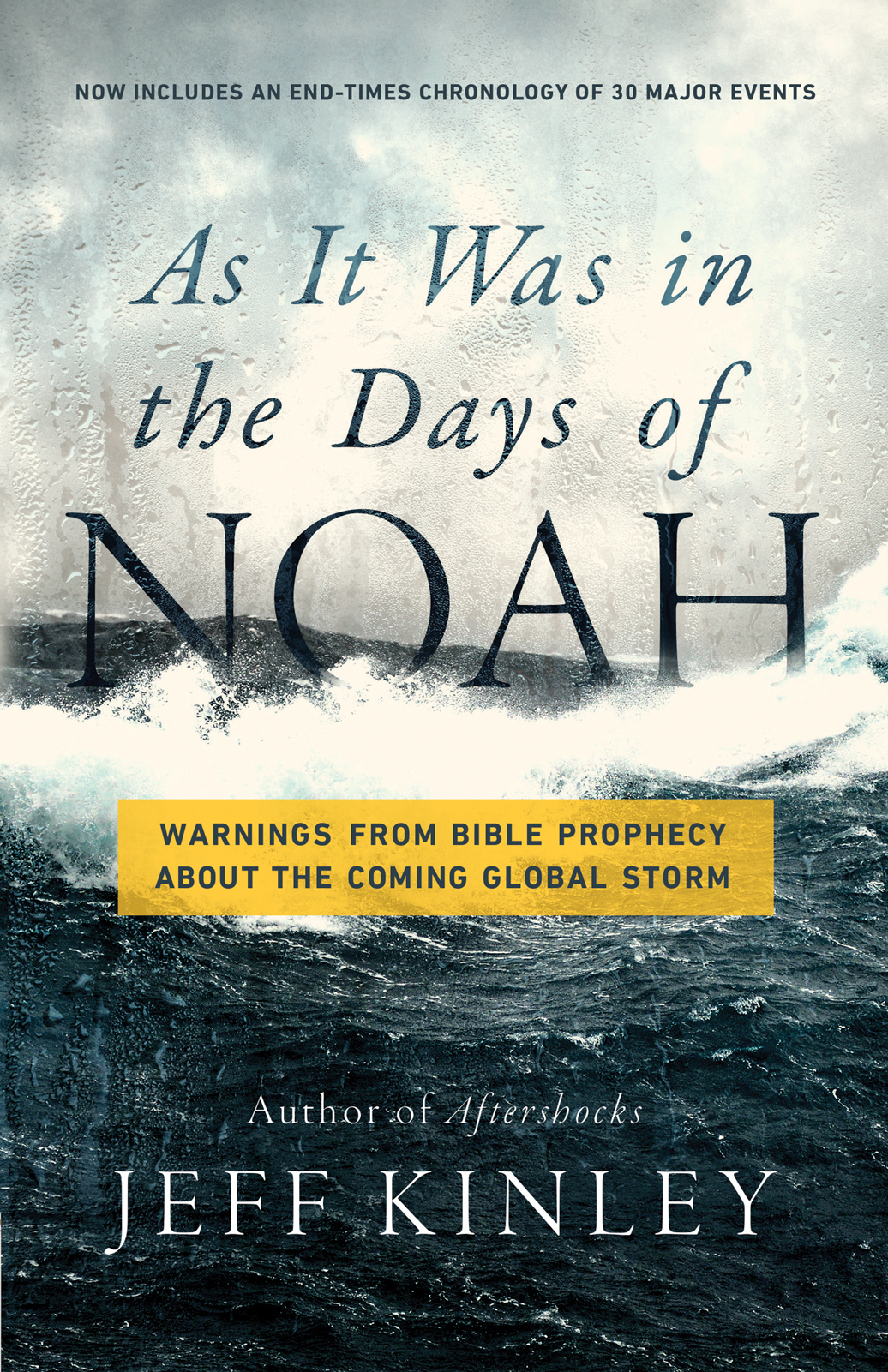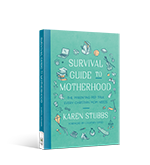
Sign Up for Updates
Connect
TOPICS
- Latest Blog
- Fiction
- Inspirational/Devotional
- Men's Christian Living
- Prophecy
- Women's Christian Living
- View All
ARCHIVES
Does the True Story of Noah and the Flood Still Impact Us Today?
Posted on Oct 20, 2022 Topic : Men's Christian Living, Prophecy, Women's Christian Living
Posted by : Jeff Kinley

Perhaps no ancient story in human history captivates our attention as much as Noah and the Great Flood. The tale of the Ark is as old as time itself, with some 270 versions of it having been passed down through the ages by cultures around the world. From Assyria‑Babylonia to ancient Egypt, China, and even Hawaii, each flood account bears striking similarities to the biblical narrative. Particularly amazing is that the majority of them describe a wicked population, a lone righteous man, a universal destruction by water, and an ark.
Skeptics point to these “flood myths” as proof that the Bible has no exclusive right to this often‑told prehistoric allegory. They claim Moses (or “whoever actually wrote Genesis”) probably borrowed the common myth, adapting it to fit his Jewish culture and concept of God. They allege that the story of a man building a giant cargo ship to protect his family from a wrathful deity who will destroy mankind is nothing more than a fossilized fable. A fairy tale. Of course, the alternative explanation is troublesome—that the biblical account is 100 percent accurate down to the most minute detail, and that the Creator embedded the story in virtually every ancient culture as a testimony to its veracity. But God went a step further, taking care to document the event in a book for us.
Jesus Christ believed in a literal Noah. And in an actual Flood. And Ark. In fact, nowhere in Scripture is there even the slightest hint that the man Noah, his story, or the worldwide Flood event is viewed as a metaphor, morality parable, mythological or fictional tale. On the contrary, the reality of the Flood event is firmly established. But of course you would expect this from the Bible, right? Even more amazing, however, is that Jesus links the historicity of Noah and his Ark to the certainty of coming prophetic events and His physical return to this planet.
Further, Jesus prefaced His statements about Noah by claiming His words are so true they will outlast heaven and earth. Or to put it another way, “Everything I say will come true,” He asserted, “and you can bank on this truth.”
To dismiss or deny the reality of Noah and the Great Flood, you need only to refute the person of Jesus Christ and His claims to deity, something no mortal has successfully accomplished in the past 2,000 years. The historical reliability of Scripture (and thus the Flood event) is inseparably linked to the character and identity of God Himself. And while it’s possible to have an accurate historical record without God’s help, you can’t have prophecy or the supernatural without Him. Undoubtedly, Noah’s is the quintessential story of prophecy, divine intervention, and judgment.
Reading about Noah will transport you back to a world you will hardly recognize. The sights and sounds of pre‑Flood earth may disturb you. This story will adjust your perspective on humanity and even challenge your perception of God Himself. But it’s also my hope you’ll use the Flood narrative as a lens through which to view today’s world, allowing you a glimpse through God’s viewfinder. For it’s through studying this past event that we can more clearly understand the present and more effectively prepare for the future.
I encourage you to discover how an old Sunday school story leaps forward in time, shedding light on today’s generation and linking itself to yet another coming global judgment. But as you dive into Noah’s story, you’ll also find a reservoir of hope.
And a God who waits at an open door.

Read more in As It Was in the Days of Noah by Jeff Kinley

